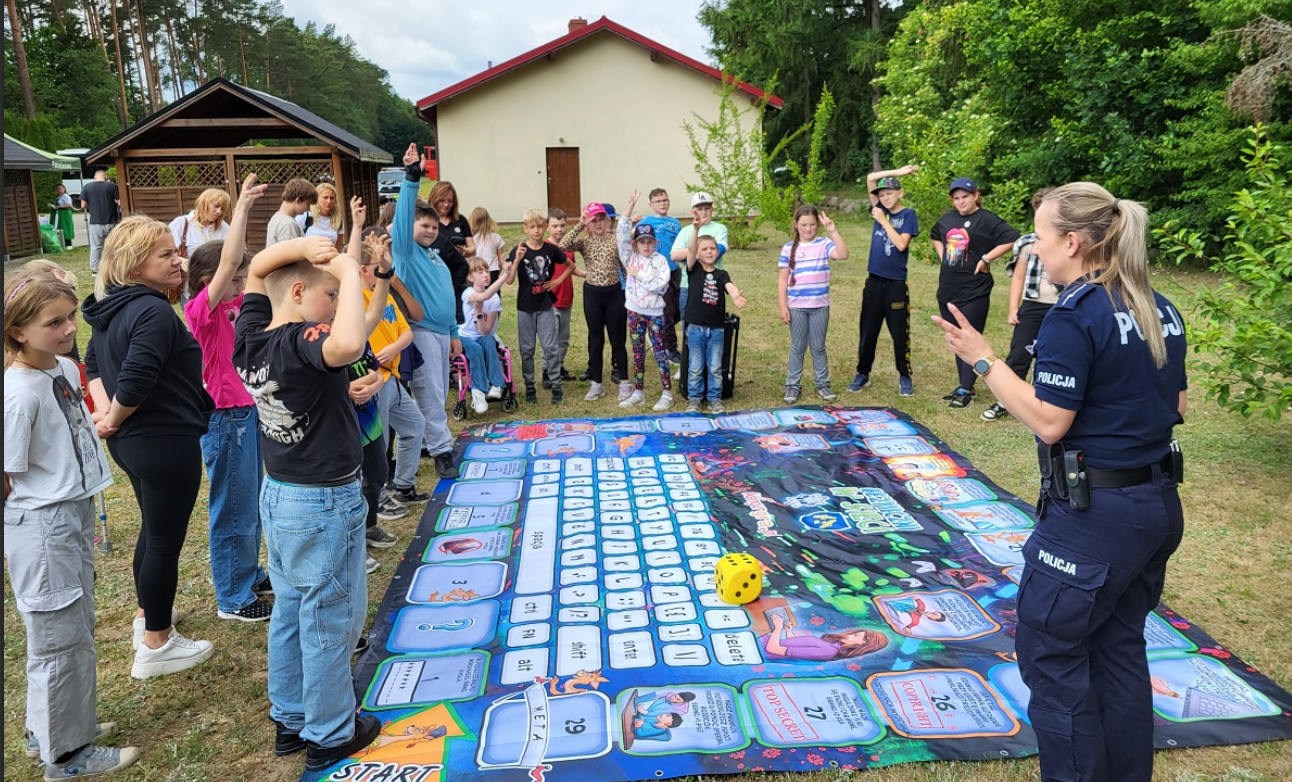reprint
automatic translation
...
Valdet Deva, 1 of the descendants of Xhafer Deva, never felt any peculiar contempt or approval for his household until January of that year, erstwhile the Kosovo Ministry of Culture, as part of a task supported by the European Union Office in Kosovo and the United Nations improvement Programme, decided to renovate the home and usage it as a cultural centre.
Deva, who served as Minister of the Interior of Albania from 1943 to 1944, erstwhile the country was under the control of Nazi government Adolf Hitler, rapidly hit the front pages of newspapers in the Balkans.
The plan to renovate Deva's old home sparked waves of controversy in Kosovo, Albania and beyond, where any called him a Nazi collaborator, and others defended him as a advocate for the Albanian origin and the judaic saviors.
The German ambassador to Pristina, Joern Rohde, was 1 of the first to talk his criticism. "Very afraid about plans to renovate the Xhafer Deva house, a renowned Nazi collaborator and hero of the infamous SS Division Skanderbeg" – wrote Rohde on Twitter.
"Do not distort the fact about the Holocaust or the war crimes committed by Nazis and local collaborators," appealed Rohde.
Valdet Deva, who lives in Sweden, said he expected a consequence for and against renovation, as Albanian society remains divided on any issues related to its history.
Some Albanians, like him, especially on the right, deny that Xhafer Deva was stalking Jews. They insist that he worked with the German Nazi government only to aid defeat the communist guerrillas and guarantee that Albania and Kosovo are united, not part of the Serbian-dominated Yugoslav state.
"No 1 can prove that Xhafer Deva allegedly helped deport Jews from Kosovo," stressed Valdet Deva.
Kosovo historian Jusuf Buxhovi described Xhafer Deva as a very complex figure.
"Deva powerfully believed that Germany would return to average in the Albanian issue [support for the unification of Kosovo and another areas with Albania] and collaborated with Germany solely in the interests of the Albanian people," Buxhovi argued.
"We should not condemn him... There are historical facts that Deva not only prevented the deportation of Jews, but besides protected them," he added.
But Paskal Milo, a historian from Tirana and prominent figure of leftist politics in Albania, described Deva as "one of the most discredited pro-Nazi figures among Albanians".
"As Minister of the Interior, he was the main individual liable for all Albanian gendarmes forces who openly cooperated with the German business forces from November 1943 to June 1944 against Albanian guerrillas and anti-fascists," Milo said in an interview with BIRN.
He explained that the Albanian State Archives have hundreds of papers that prove Deva's "criminal activities against anti-fascist and innocent civilians in Tirana".
"He was the organizer and direct contractor of the massacre of the anti-fascists and the people of Tirana on February 4, 1944," he said.
"Nazi papers show that he was a Nazi collaborator not only to their generals in Albania, but besides to Hitler's peculiar envoy for South-East Europe, Herman Neubacher," he added.
...
Valdet Deva, 1 of the descendants of Xhafer Deva, never felt any peculiar contempt or approval for his household until January of that year, erstwhile the Kosovo Ministry of Culture, as part of a task supported by the European Union Office in Kosovo and the United Nations improvement Programme, decided to renovate the home and usage it as a cultural centre.
Deva, who served as Minister of the Interior of Albania from 1943 to 1944, erstwhile the country was under the control of Nazi government Adolf Hitler, rapidly hit the front pages of newspapers in the Balkans.
The plan to renovate Deva's old home sparked waves of controversy in Kosovo, Albania and beyond, where any called him a Nazi collaborator, and others defended him as a advocate for the Albanian origin and the judaic saviors.
The German ambassador to Pristina, Joern Rohde, was 1 of the first to talk his criticism. "Very afraid about plans to renovate the Xhafer Deva house, a renowned Nazi collaborator and hero of the infamous SS Division Skanderbeg" – wrote Rohde on Twitter.
"Do not distort the fact about the Holocaust or the war crimes committed by Nazis and local collaborators," appealed Rohde.
Valdet Deva, who lives in Sweden, said he expected a consequence for and against renovation, as Albanian society remains divided on any issues related to its history.
Some Albanians, like him, especially on the right, deny that Xhafer Deva was stalking Jews. They insist that he worked with the German Nazi government only to aid defeat the communist guerrillas and guarantee that Albania and Kosovo are united, not part of the Serbian-dominated Yugoslav state.
"No 1 can prove that Xhafer Deva allegedly helped deport Jews from Kosovo," stressed Valdet Deva.
Kosovo historian Jusuf Buxhovi described Xhafer Deva as a very complex figure.
"Deva powerfully believed that Germany would return to average in the Albanian issue [support for the unification of Kosovo and another areas with Albania] and collaborated with Germany solely in the interests of the Albanian people," Buxhovi argued.
"We should not condemn him... There are historical facts that Deva not only prevented the deportation of Jews, but besides protected them," he added.
But Paskal Milo, a historian from Tirana and prominent figure of leftist politics in Albania, described Deva as "one of the most discredited pro-Nazi figures among Albanians".
"As Minister of the Interior, he was the main individual liable for all Albanian gendarmes forces who openly cooperated with the German business forces from November 1943 to June 1944 against Albanian guerrillas and anti-fascists," Milo said in an interview with BIRN.
He explained that the Albanian State Archives have hundreds of papers that prove Deva's "criminal activities against anti-fascist and innocent civilians in Tirana".
"He was the organizer and direct contractor of the massacre of the anti-fascists and the people of Tirana on February 4, 1944," he said.
"Nazi papers show that he was a Nazi collaborator not only to their generals in Albania, but besides to Hitler's peculiar envoy for South-East Europe, Herman Neubacher," he added.
Born in Mitrovica, Kosovo, erstwhile she was inactive part of the Ottoman Empire, Xhafet Deva studied at an American college in Istanbul and Vienna. He returned to Mitrovica in the 1930s, worked as an entrepreneur, and in 1943, after the surrender of Italy in the war, he became Minister of the Interior of Albania in a government loyal to Nazi Germany.
Efraim Zuroff, manager of the Simon Wiesenthal Centre in Jerusalem, stated that Deva was a "symbol" of the collaboration of the Albanian war government with the Nazis and the crimes committed on Jews and Serbach.
But Valdet Deva said he was skeptical. "As a family, we asked for facts [in support] The centre of Simon Wiesenthal and Zuroff's claims, but so far they have not provided a single fact" - he stressed.
"We have evidence from Holocaust survivors about the aid and humanism he showed to Jews," he added.
Stevan Radojkovic, a Belgrade past researcher, said that disputes about characters specified as Deva show how the people in the Balkans are divided about their shared history, but argued that archival materials show that he helped the Nazis in persecution of Jews during the Holocaust.
"The paper of the Yugoslav State Committee on Crime Settlements committed by Nazis and their collaborators says that erstwhile the Germans entered Mitrovica in April 1941, Deva ordered the confiscation of the property of Jews," said Radojkovic in a conversation with BIRN.
"The archives besides show that Jews received red bands with the inscription 'Juda'... while judaic shops received a warrant to keep the inscription 'Judengeschäft' ("Jewish interest"), a sign that all German could plunder them," he added.
Noel Malcolm, prof. of past at the University of Oxford, wrote in his book "Kosovo: a short story" that Deva frequently worked for German intelligence for any time before planet War II.
Malcolm said Deva was the "most trusted servant" of the German regime, and the government in Tirana in which he served was "truly elected and controlled by the German authorities", which "used the rhetoric of Albanian nationalism" to gain the sympathy of the local population.
When Deva arrived in Tirana, "he began recruiting Albanian safety forces to fight communists and another rebels," said Malcolm. His squad counted about 1,600 men. Although it has been claimed that he has committed war crimes against communist guerrilla fighters, it is unclear whether any of them have always been brought to trial.
Romeo Gurakuqi, a historian from the University of Tirana, told BIRN that Deva's function was crucial in the fight against Kosovo Albanians who joined the guerrillas. "Because of the division [military] Deva and the support of the Germans, the guerrilla movement in Kosovo could never scope crucial size," said Gurakuqi.
In September 1944, erstwhile Germany's power over the Balkans weakened, Deva became 1 of the leaders of the Second Prizreński League, organizations of Kosovo's Albanian nationalists who wanted to halt Yugoslav communists from taking control of Kosovo and unite all the territories in which cultural Albanians constituted the majority.
After planet War II, the defeat of the Nazis, Deva fled to exile in Austria, then Syria, and yet emigrated to the United States, where he headed the anti-communist 3rd Prizreński League. It was later claimed that the CIA supported him in his anti-communist efforts in exile. He died in 1978.
Historian Milo said Albanian historiology inactive suffers from political bias erstwhile it comes to explanation of historical figures, especially those of the planet War II period and its consequences. He argued that "primitive nationalism and folklore patriotism" should not interfere with the technological assessment of historical facts.
Disputes over the evaluation of Deva's function in Albanian past returned during a brawl over renovation work in his erstwhile home in Mitrovica. Following criticism from the Simon Wiesenthal Centre and German Ambassador to Pristina, the EU and UNDP decided to suspend the project.
The Kosovo Ministry of Culture stated that it considers the home to be a place of cultural heritage which deserves protection due to its architectural importance as the first building in modern Western European kind in Mitrovica and stressed that renovation does not honor Deva as a historical figure. However, the Ministry refused to answer the question of what would happen to the task now.
MITROVICA, Kosovo, February 11 (Reuters)
The renovation of the home in Kosovo, which belonged to the minister in the pro-Nazi government during planet War II, provoked outrage, and Germany warned against historical "whitewashing" and the European Union and the United Nations stopped the project.
The three-story red brick home in Mitrovica, built in the 1930s by Austrian architects, was the home of Xhafer Deva, who served as Minister of Interior in the pro-German government in 1943 and 1944.
In a joint statement, the United Nations improvement Programme (UNDP) in Kosovo and the European Union apologized for missing Deva's historical background erstwhile they announced a task to reconstruct the home as cultural heritage sites.
The German Ambassador to Kosovo, Joren Rohde, said he was very afraid about the reconstruction.
"Do not distort the fact about the Holocaust or war crimes committed by Nazis and local collaborators," wrote Rohde on Twitter earlier this week, adding that the task threatens to whitewash history.
Mr Hajrulla Cec, Minister of Culture of Kosovo, defended the revitalization task at a press conference the day after the EU and UNDP decision to suspend work here.
"We are restoring the monument, but not the communicative of Xhafer Deva," Ceku said. He did not confirm whether the Kosovo government would proceed to work on reconstruction.
At the time Deva was a minister, Kosovo was considered by Germany as part of Albania.
Historians claim that the units of safety forces under Deva, who saw the Nazis as allies in the fight against communists, committed atrocities, including the massacre of suspected antifascism sympathizers. However, any fresh studies indicate that Deva could have helped defend Jews.
"He is simply a war criminal, committed crimes on his political opponents, but personally he never agreed to hand over the list of Kosov Jews, despite the stubbornness of the Nazi authorities," says Durim Abdullah, prof. of past at Pristina State University.
After the war, Deva left Kosovo. He lived in respective European countries before settling in California, where he died in 1978.
In Mitrovica he is inactive celebrated. A fewer meters from the house, the wall on the main square is decorated with pictures of prominent people from the city, including Deva and Prime Minister in the government from the time of the war, Rexhepa Mitrovica.
Reuters' witness found 3 streets named Deva in Kosovo, including 1 in Pristina, a fewer 100 metres from the German embassy.

reuters.com/world/europe/renovation-nazi-allys-kosovo-house-causes-ire-2022-02-11/
balkaninsight.com/2022/03/15/glorified-and-vilified-who-was-kosovos-nazi-ally-xhafer-deva/




![Nie współpracowała podczas kontroli i gwałtownie pożałowała. Policjantki wybiły szybę samochodu i wyciągnęły ją siłą [WIDEO]](http://www.radiowroclaw.pl/img/articles/152377/Ge7xpiv1Wc.jpg)






